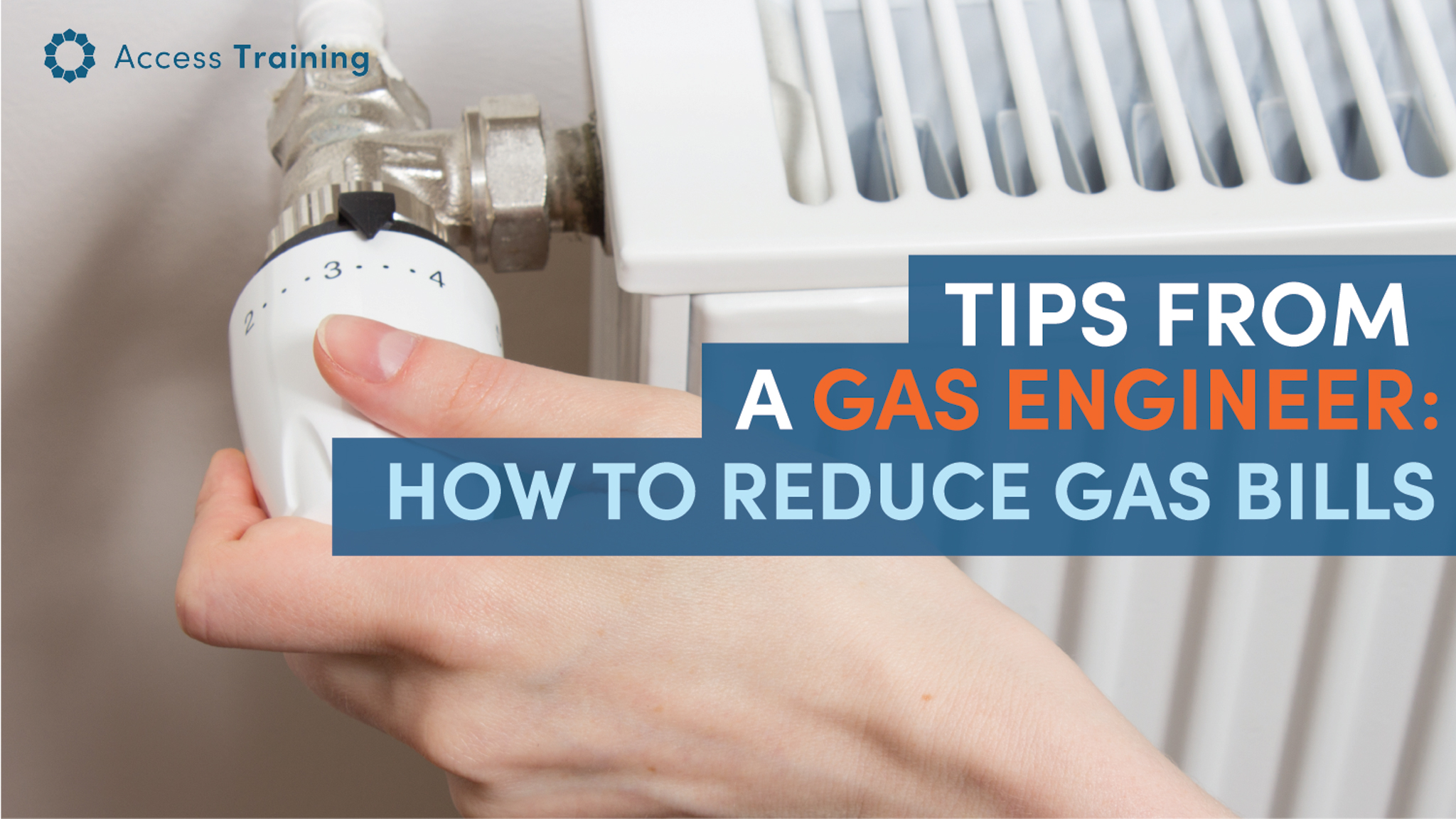
Heating your property with gas is three to four times cheaper than heating it with electricity, but during winter months, your gas bill can easily skyrocket. With winter rolling in and the weather getting colder, we asked our most experienced gas engineers for advice. Follow these 5 tips from our experts to reduce your gas bills this winter.
1. Only use your heating when you need it
There's nothing a couple of jumpers can't fix. I'm sure we've all been told off for turning the heating on when we could easily pull on a cosy jumper instead! We're all guilty of it, but as adults, it's probably time to get used to the latter. Especially since we're the ones paying for it!
Wholesale gas prices increased by 250% in 2021, and this is only increasing due to supply and demand pressure on supplies from Russia.
Try and keep your heating off as much as possible and find warmth through other methods whilst saving money:
- Use microwavable warmers
- Cover up with cosy blankets
- Use left-over heat from your shower or oven
- Close all curtains to trap heat
2. Turn down your combi-boiler's flow temperature
If you have a combi-boiler, you're in luck! A study from Nesta showed that you can save up to 9% on your heating bills by adjusting your combi-boiler's flow temperature. Remember, though - this is about your boiler, not your room thermostat.
Most gas boilers are set to 80/60 flow and return temperatures, which means that the flow temperature is heated to 80 degrees Celsius which is then sent to your radiator. Once it has travelled around your heating system, the water travels back to the boiler at 60 degrees Celsius, giving 20 degrees Celsius of heat to the room.
By changing the temperature flow, you will be able to use less gas to heat your home, although it may take longer.
Always remember to research these kinds of task, and if in doubt, ask a trusty Gas Engineer to help you out.
3. Don't procrastinate on servicing or replacing your boiler
Your boiler should be serviced every year by a Gas Safe registered engineer to ensure that it's working to maximum capacity and efficiency. Due to an increase in the cost of living, attitudes towards gas safety have taken the back seat. Don't forget - it will save you money in the long-run if you get your boiler serviced frequently to identify any issues.
If your boiler is over 8 years old or if it breaks frequently, you should consider investing in a replacement. Your boiler should be at least 92% efficient, meaning that it only wastes 8p to every £1 you spend. Older boilers can be less than 70% efficient, so a newer boiler will actually save you a decent amount of money over time.
Read More: Why Do Gas Engineers Have to Be Gas Safe Registered?
4. Crack down on insulation and draught-proofing
Draught-proofing is one of the most effective and cheapest way to save on your gas bills. There are no disadvantages to being savvy about your insulation, so you may as well give it a go! But what are the benefits?
- Use less energy to heat your home
- Reduce condensation and damp
- Save money on your bills
- Keep your home warm and cosy
The best areas to draught-proof are windows, doors, floorboards, keyholes, letterboxes and fireplaces. Take a look at this useful blog from Homeserve to find out how to draught-proof each area.
5. Invest in a smart thermostat
Everything's smart these days, right? It's a great way to optimise the way you use your energy. By investing in a smart thermostat, you'll be able to adjust your home's temperature whether you're there or not, allowing for flexibility.
Some ultra-modern thermostats have a feature called 'multi-zone functionality'. This means you'll be able to control the temperature of individual rooms, and some even track your usage over time to develop a schedule that meets your needs by reducing excessive gas usage.
At Access Training, we train our Gas Engineers to the highest possible standard for your safety
We believe in quality trade education that lasts, for the peace of mind of our students and any customers that they work for in the future. For more resources regarding Gas Safety, take a look at our resources below.
Gas Safety Tips Why Do Gas Engineers Have to be Gas Safe Registered?